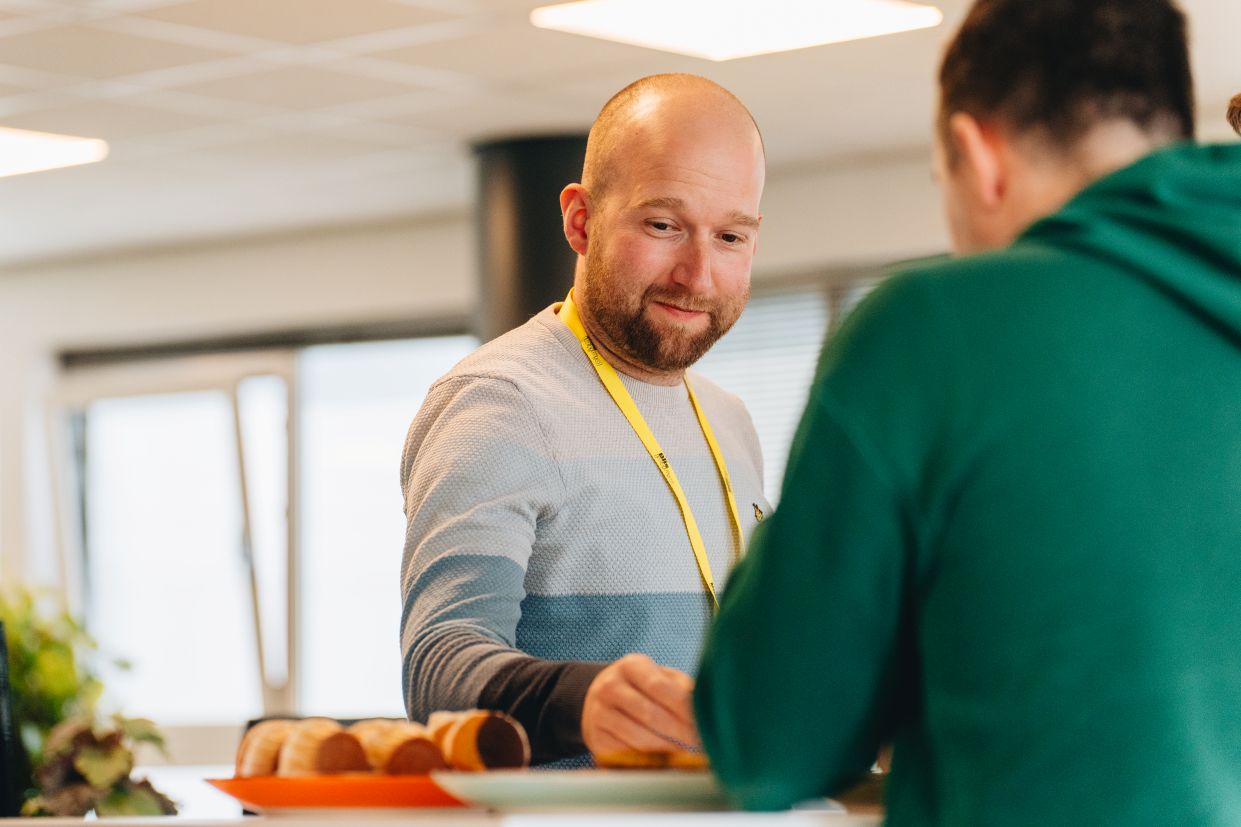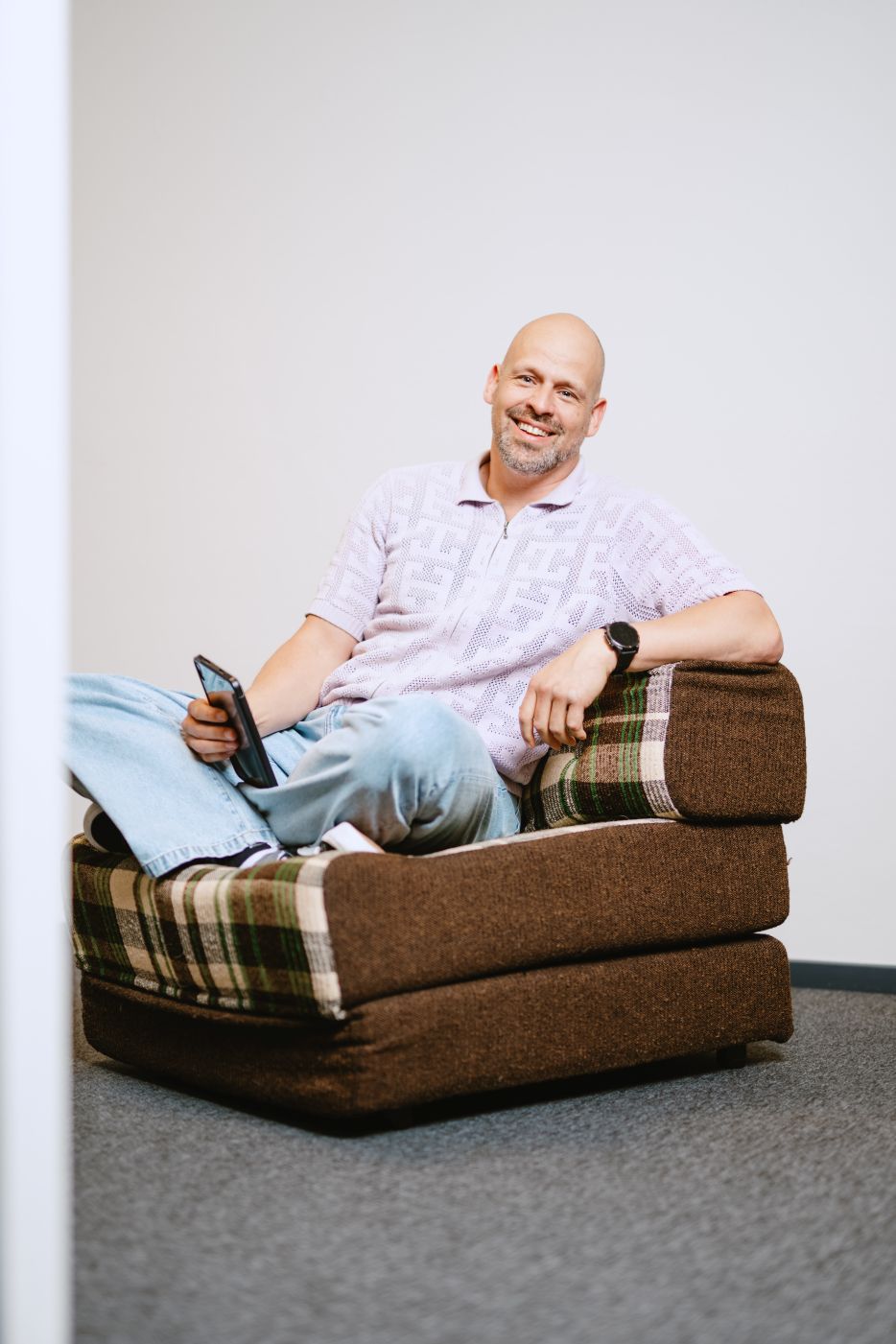

The core of Naur's message is simple but profound: software development is an organic process. It requires care, attention, and an ongoing understanding of the complex relationships within the system. Just like a gardener knows which plants need sunlight and which prefer shade, developers need to develop an intuition for how different parts of the software work together and influence each other.
This approach is at odds with the current trend in the industry, where software projects and developers are often seen as modular, easily replaceable elements. This view ignores the reality that software success depends on the knowledge and experience of the people who work on it. When developers are replaced without worrying about transferring their unique, project-specific knowledge, the software loses its vitality. It will be a digital ruin: present, but without the soul that once brought it to life.
The lifeblood of every software project is the mental model that its developers have. This model, or “theory,” does not emerge overnight; it is the result of months, if not years, of collaboration, experimentation and learning from mistakes. This knowledge enables a software project to grow from an idea to a complex, functioning system. Without this gradual growth and without the developers who nurture it, every project is doomed to failure.
This organic approach to software development offers a counterbalance to the cold, mechanical vision that often prevails. It reminds us that, just like in the garden, the true strength of software lies in the care, knowledge, and dedication of those who cultivate it.
At Blis Digital, we try to look at software in this way and to organize our projects that way. But of course, we are not perfect and sometimes we have to put developers on another project. For example, because there is no other way to plan. But we try to follow this vision as much as possible and approach our projects with care, knowledge and dedication.




.jpg)

